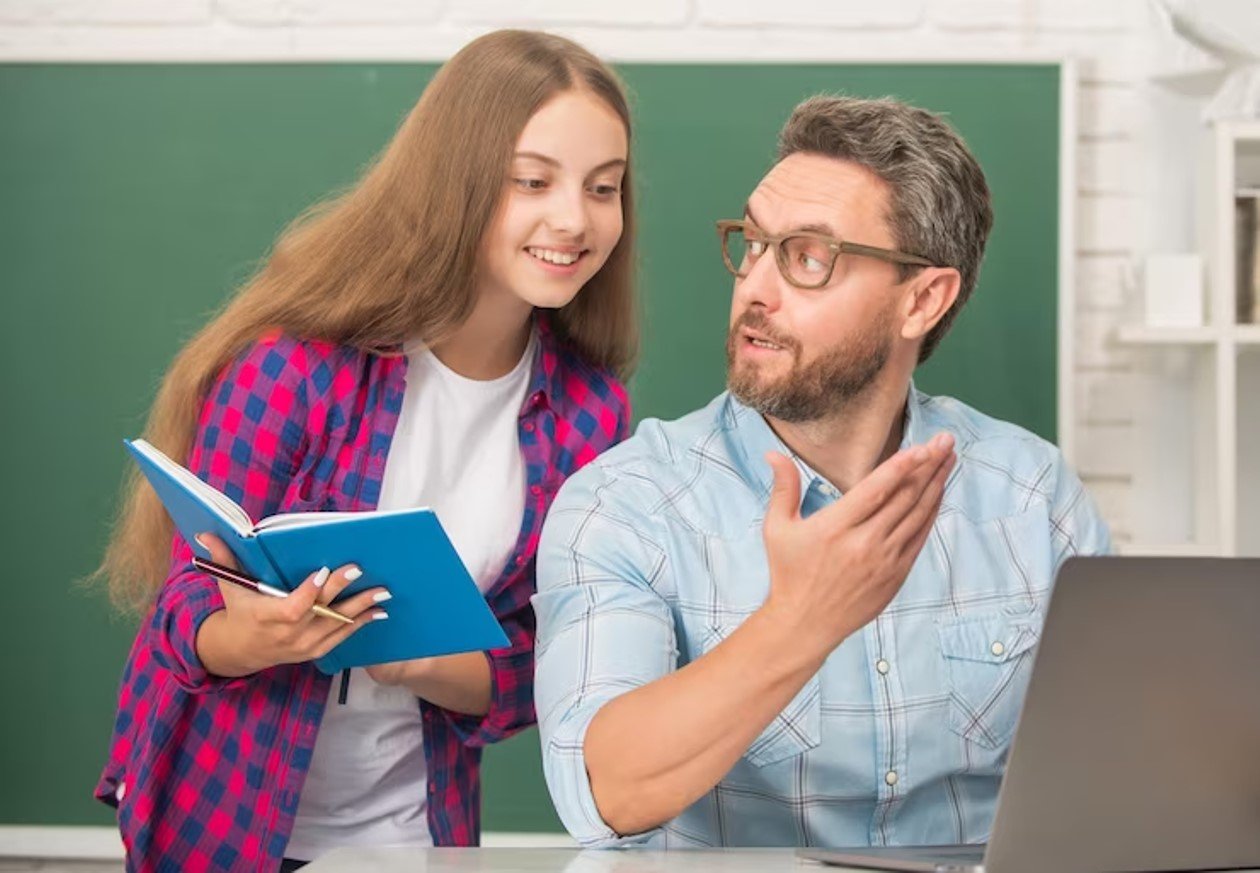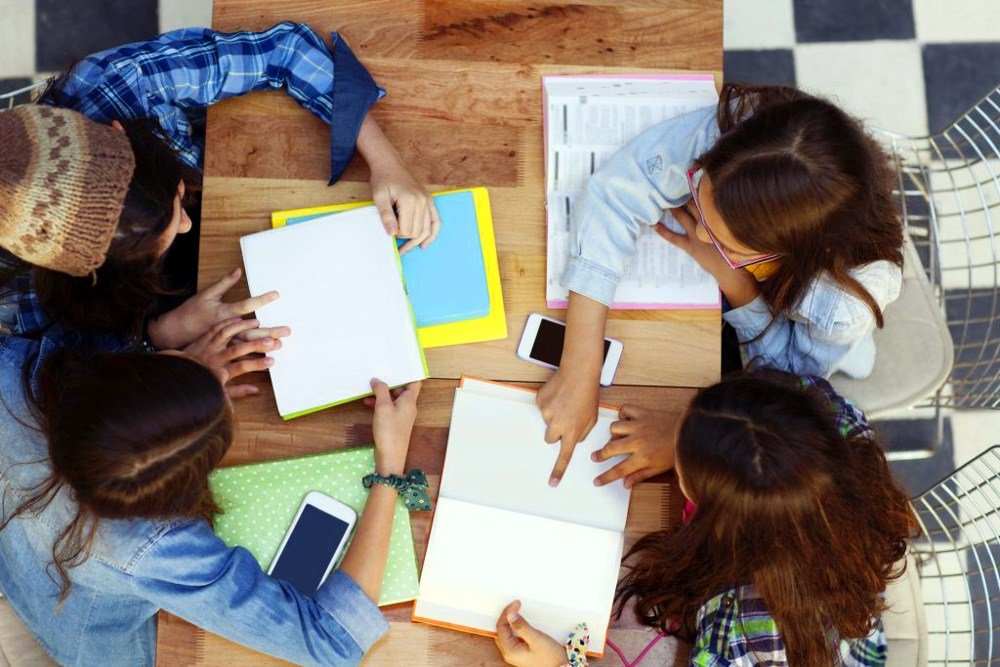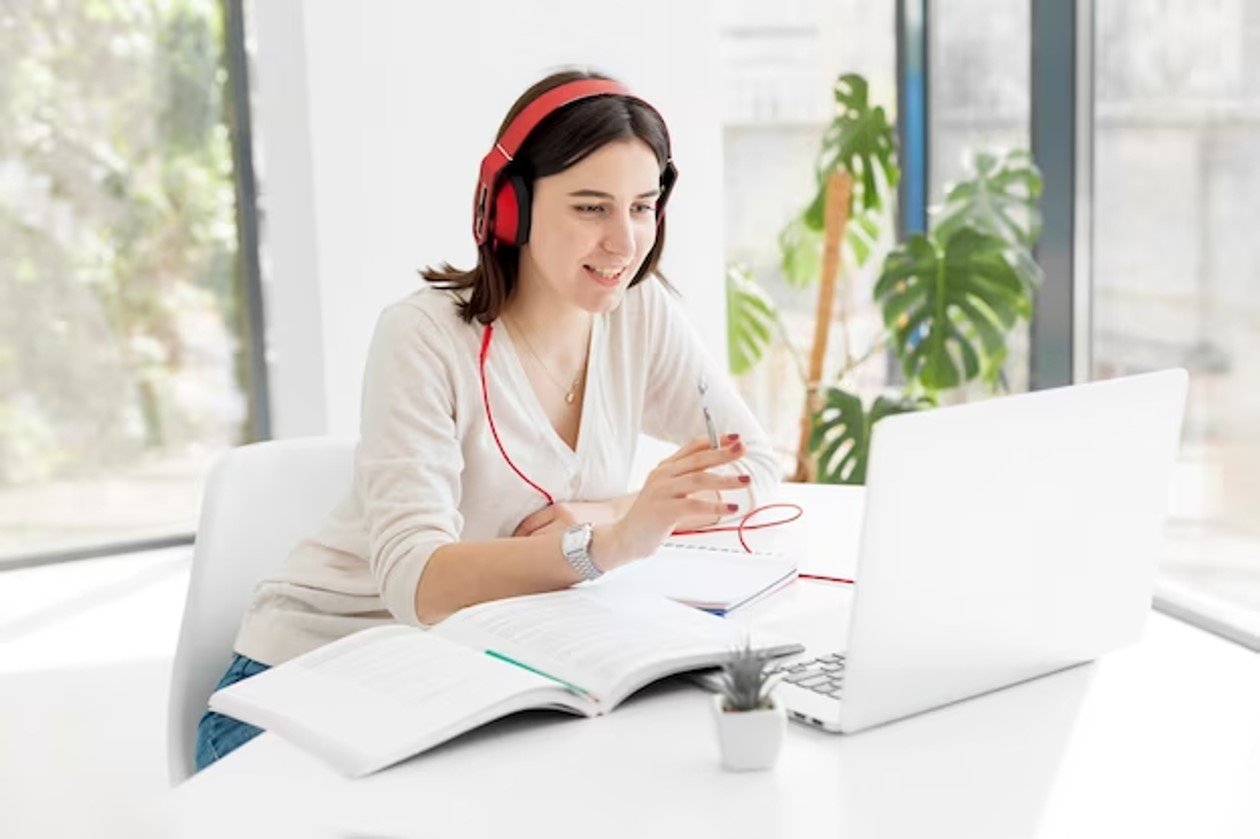The Impact of Teacher-Student Relationships on Learning

Teacher-student relationships are undeniably pivotal in shaping the educational trajectory of learners, serving as foundational pillars that significantly influence both academic outcomes and socio-emotional development.
At the heart of effective pedagogy lies the ability of educators to establish meaningful connections with their students, transcending traditional roles to cultivate environments conducive to optimal learning experiences. Such relationships, characterized by mutual respect, understanding, and collaboration, not only enhance academic engagement but also contribute profoundly to students’ overall well-being.
Teacher-Student Relationships on Learning
A deeper exploration into the dynamics of teacher-student relationships underscores their multifaceted nature and far-reaching implications. Beyond the scope of instructional delivery, these relationships foster a sense of belonging, intrinsic motivation, and a growth mindset among students. As educational paradigms continue to evolve, recognizing the intrinsic value of nurturing positive teacher-student interactions becomes imperative.
By doing so, stakeholders can harness the transformative potential of these relationships, thereby fostering environments where every student is empowered to achieve academic success and realize their full potential.
Read More: Top 7 Ways to Utilize Your Free Time by Learning Hobbies Online
Factors Influencing Teacher-Student Relationships
Creating meaningful connections starts with understanding the factors that shape these relationships. The classroom environment, communication styles, and the establishment of mutual respect and trust are pivotal elements that influence the dynamics between teachers and students.
Positive Effects on Learning
As educators invest in building strong relationships, the dividends paid extend beyond the classroom. Improved academic performance and enhanced emotional well-being are some of the tangible benefits that surface when teachers prioritize fostering positive connections with their students.
Challenges in Building Strong Teacher-Student Relationships
While the benefits are clear, challenges exist. Class size, diverse student backgrounds, and time constraints can pose hurdles in establishing and maintaining meaningful relationships. Navigating these challenges requires a thoughtful approach from educators.
Strategies for Building Effective Relationships
Successful relationship-building involves open communication channels, understanding individual needs, and integrating technology judiciously. Strategies that go beyond traditional teaching methods contribute to a conducive learning environment.
Real-Life Examples
Examining success stories and challenges overcome through strong teacher-student relationships provides inspiration and practical insights into the transformative power of these connections.
Impact on Classroom Dynamics
Fostering positive learning environments and increasing classroom participation are direct outcomes of robust teacher-student relationships. The ripple effects extend to shaping the overall dynamics of the classroom.
Long-Term Effects Beyond the Classroom
Teacher-student relationships extend their influence beyond academic achievements. They play a pivotal role in providing career guidance, mentorship, and contribute to personal development and character building.
Role of Teacher Training Programs
Recognizing the significance of teacher-student relationships, integrating relationship-building skills into teacher training programs is crucial. Continuous professional development ensures educators are equipped to navigate the complexities of interpersonal connections.
Cultural and Socioeconomic Considerations
Addressing diversity in teacher-student relationships and bridging socioeconomic gaps are essential for creating inclusive learning environments that cater to the unique needs of each student.
Measuring the Impact
Assessing the impact of teacher-student relationships involves utilizing surveys, feedback mechanisms, and evaluating both academic and behavioral metrics. This comprehensive approach ensures a nuanced understanding of the influence these connections wield.
Challenges in Maintaining Relationships
As students transition to higher grades and external influences increase, maintaining strong relationships becomes challenging. Strategies to overcome these hurdles are essential for sustaining the positive impact on learning.
The Digital Age and its Impact
In the digital age, virtual learning relationships have become prevalent. Balancing technology and personal connection is a delicate task that educators must navigate to ensure meaningful interactions with their students.
Supporting Teachers in Relationship Building
Administrative support and community involvement play crucial roles in supporting teachers as they embark on the journey of relationship building. Acknowledging and addressing the challenges they face enhances the overall effectiveness of these connections.
Teacher Empowerment: Nurturing Skills and Confidence
Tailored Workshops on Relationship Building
Schools can organize workshops specifically focused on relationship-building skills. These workshops provide a platform for teachers to share their experiences, learn from one another, and refine their approaches based on real-world scenarios.
Individualized Support Plans
Recognizing that each teacher-student relationship is unique, schools can implement individualized support plans. This involves assessing the specific needs and challenges faced by teachers in building relationships and providing targeted support.
Peer Mentorship Programs
Encouraging peer mentorship allows experienced teachers to guide and support newer colleagues in developing effective relationship-building strategies. This collaborative approach promotes a culture of shared learning within the teaching community.
Read More: 13 Fundamentals of Effective Teaching: A comprehensive guide
Conclusion
In conclusion, the impact of teacher-student relationships on learning is profound and multifaceted. Educators, armed with the knowledge of the importance of these connections, must actively engage in building and maintaining meaningful relationships with their students. The ripple effects extend far beyond academic success, shaping individuals into well-rounded contributors to society.
In the symphony of education, let teacher-student relationships be the melodic notes that resonate, creating a harmonious and enriching experience for both educators and learners. It is through these connections that the true magic of education is revealed – the magic of transformation, growth, and the boundless potential of every student.
FAQs
How do teacher-student relationships improve academic performance?
By fostering a positive and supportive learning environment, students are more motivated and engaged in their studies, leading to improved academic outcomes.
What challenges do educators face in maintaining relationships as students progress to higher grades?
Transitioning to higher grades often brings increased external influences and larger class sizes, posing challenges for educators in maintaining individualized connections.
How can technology be effectively integrated into teacher-student relationships?
Technology should complement, not replace, personal connections. Virtual learning tools can enhance communication and collaboration while maintaining a human touch.
What role do cultural and socioeconomic factors play in teacher-student relationships?
Cultural and socioeconomic considerations are crucial for creating inclusive learning environments that cater to the diverse needs of students.
How can administrators support teachers in building and maintaining strong relationships with students?
Administrative support, along with community involvement, provides the necessary framework and resources for educators to prioritize relationship-building in their teaching practices.







